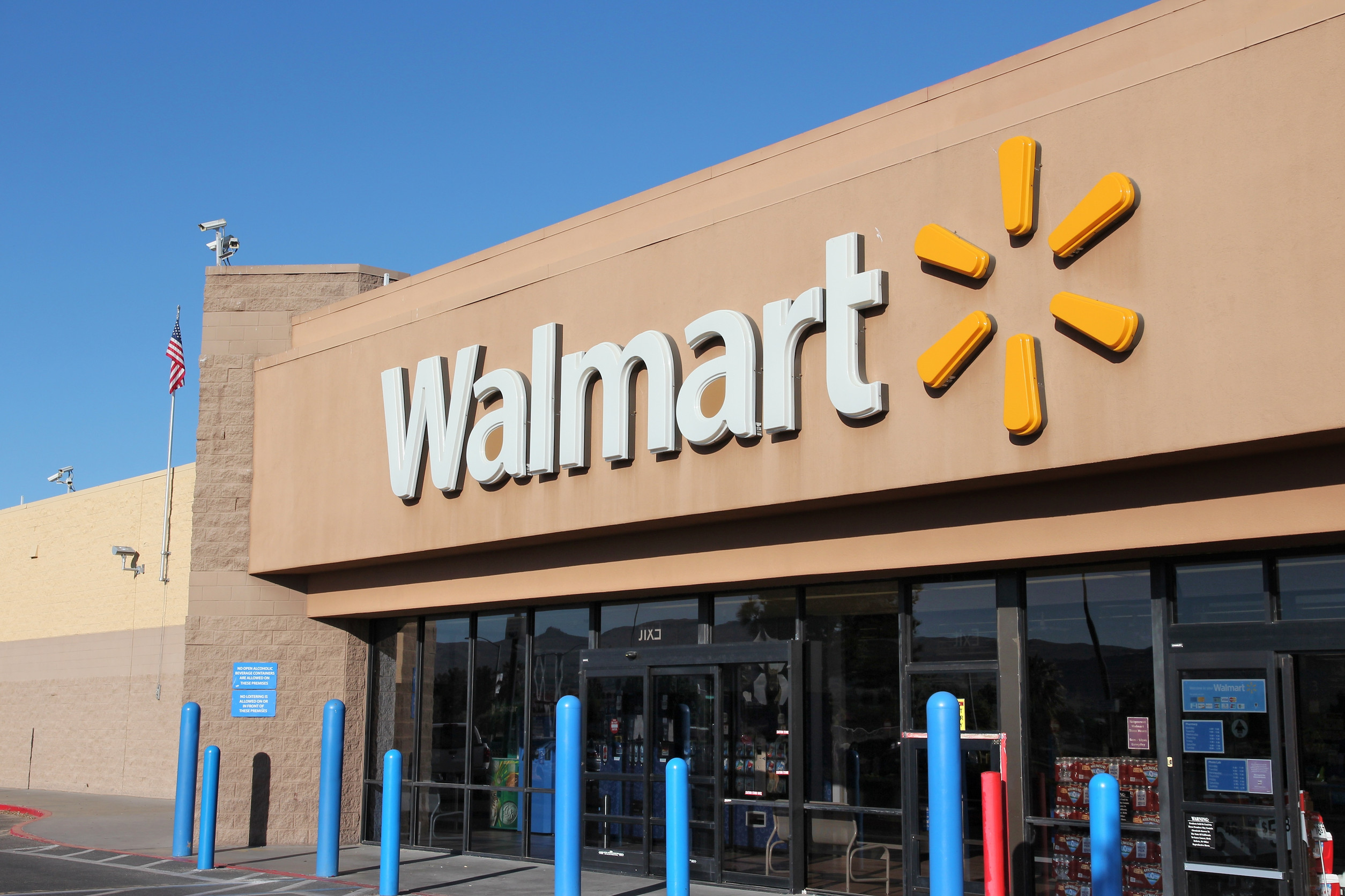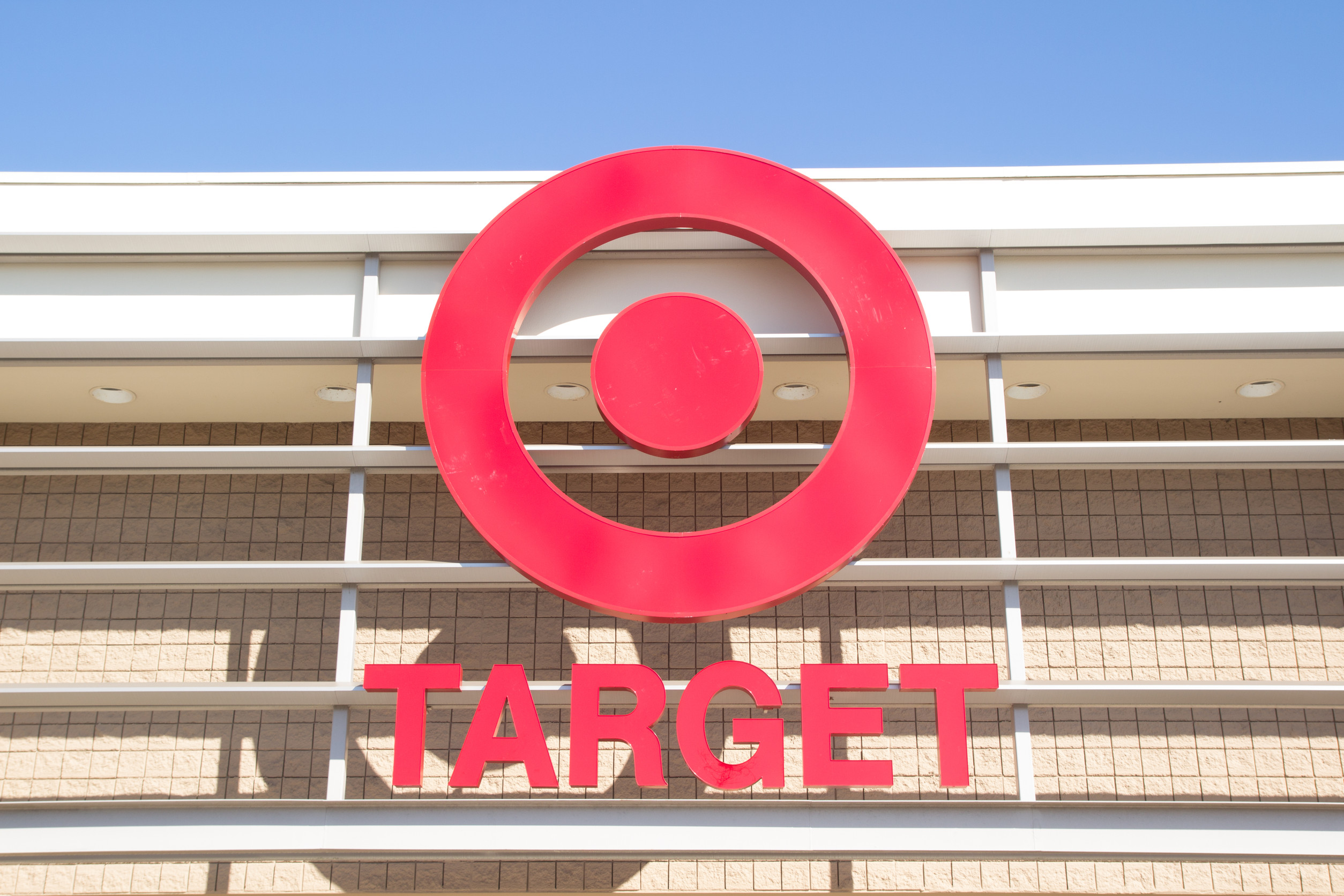When you swipe your card at your favorite store, you’re likely thinking about savings, convenience, or snagging that perfect item—not where your money goes afterward. But what if your favorite retailer is quietly funding political groups, organizations, or initiatives you strongly disagree with? Increasingly, companies are being held accountable not just for the products they sell but for the causes they support behind the scenes. Whether it’s through political donations, corporate lobbying, or nonprofit partnerships, those dollars can influence everything from legislation to social policies. It raises an important question: Are your purchases unknowingly backing controversial causes?
1. Political Donations With Hidden Agendas
Many large retailers donate to political campaigns—but not always in ways that align with their customer base. These contributions can support candidates or political action committees (PACs) that push for polarizing issues. Some brands give to both sides of the aisle as a strategy, while others heavily lean one way. Often, customers don’t know about these donations until watchdog groups or journalists expose them. If you want transparency, it’s important to check Federal Election Commission (FEC) records or use platforms like OpenSecrets.org.
2. Partnerships With Polarizing Organizations
Some retailers form alliances or donate to nonprofits that have controversial histories or agendas. These partnerships may be framed as charity or community outreach, but they can have political or social undertones. For example, a retailer may promote a donation drive for a nonprofit linked to anti-LGBTQ+ legislation or regressive labor practices. Because these causes are buried under branding campaigns, many consumers have no idea what’s really being supported. Researching a retailer’s nonprofit connections can be eye-opening.
3. Lobbying for Profits, Not People

Image Source: 123rf.com
Behind the scenes, corporations often lobby for policies that benefit their bottom line, not necessarily the public. This can include opposing minimum wage increases, labor protections, or environmental regulations. The money spent on lobbying is usually much higher than what companies donate publicly, making it harder to track. While some advocacy might be expected, retailers that lobby against workers’ rights or climate action might surprise their customer base. If you’re shopping based on values, lobbying activity is a major piece of the puzzle.
4. Greenwashing and Performative Activism
Ever notice how a company suddenly supports Earth Day or Pride Month—then goes silent afterward? That’s a classic case of performative activism. Some retailers use social justice movements as marketing tools, all while funding or supporting organizations that work against those very causes. It’s a way to gain consumer trust without making meaningful changes behind the scenes. When a company’s actions and donations don’t align with its public image, that’s a red flag worth noticing.
5. Supply Chain Ties to Human Rights Violations
Some of the most controversial “funding” doesn’t come through donations—it happens in the supply chain. Retailers that source products from factories with poor labor standards or human rights violations are indirectly supporting harmful practices. While some companies publish detailed supply chain audits, others stay vague to avoid backlash. The clothes, gadgets, or groceries you buy might have been made under unethical conditions, without your knowledge. Shopping ethically requires looking beyond the price tag and digging into sourcing transparency.
6. Executives Driving Controversial Agendas
Sometimes, it’s not the brand itself but the people at the top pushing controversial agendas. CEOs, board members, and major shareholders often use their personal wealth to support political or ideological causes. When those individuals also shape corporate strategy, the line between personal and professional values blurs. That’s how you end up supporting certain causes just by shopping where they lead. Following executive donations and affiliations can reveal where a company’s true loyalties lie.
7. Customer Pressure Is Changing the Game
The good news? Consumer awareness is starting to influence change. Retailers have faced public backlash, boycotts, and viral callouts for quietly supporting questionable causes. Some have revised donation policies or pulled funding after pressure from customers. Today’s buyers aren’t just shopping for deals—they’re shopping with a conscience. And when people speak up, it’s clear that companies do listen.
8. Tools to Shop More Consciously
If you want to shop smarter, several tools can help you identify where companies stand. Apps like Buycott, Good On You, and DoneGood let you scan brands for ethical practices, political contributions, and values-based ratings. You can also search news archives or watchdog reports to uncover more about a retailer’s funding history. It takes a little effort, but that effort can align your spending with your values. Conscious shopping empowers consumers—and that power adds up fast.
Your Dollar Has a Voice—Use It Wisely
Every purchase is a vote of confidence in the business you’re supporting. The more we learn about how money moves behind the scenes, the more empowered we become as consumers. Retailers may not advertise their controversial donations, but silence doesn’t equal innocence. By digging a little deeper, you can decide where your money shouldn’t go just as easily as where it should. Because spending shouldn’t feel like a betrayal of your beliefs.
Have you ever stopped shopping somewhere because of a cause they supported? Share your story in the comments—your experience could help someone else make a better choice.
Read More
5 Controversial Tactics Used by Retailers to Combat Shoplifting


